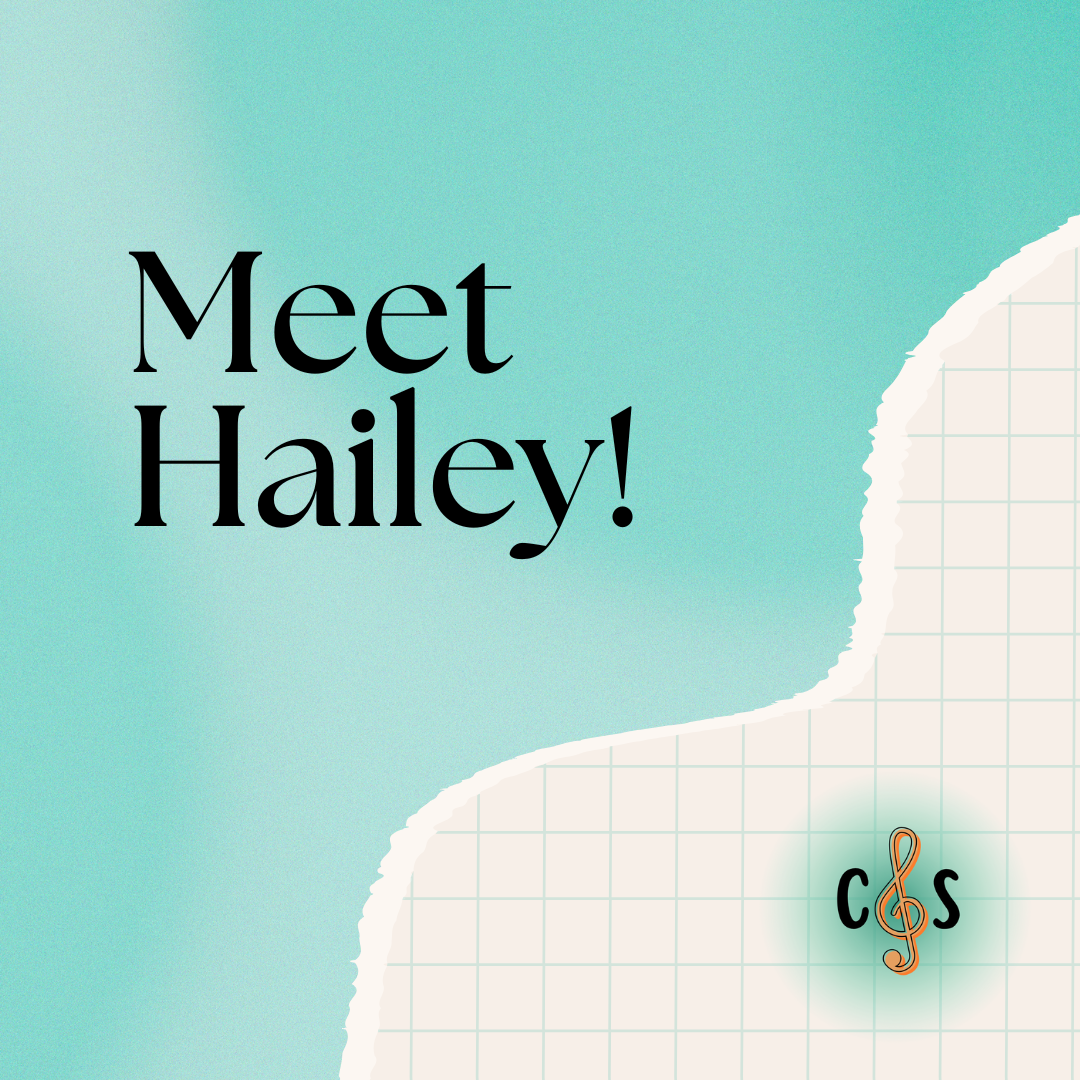
Bailey’s Story
For as long as I can remember, my parents have understood that the gorgeous lines I can create for dance were not medically normal.

Hailey’s Story
I feel the most judgment when having to remain seated for music rehearsals, yet being able to be a dancer and then proceed to dance and sing.

Rebecca’s Story
(Excerpt from Stryker, 2024)
I often feel like I’m in this strange middle-ground of not really knowing where I fit, and not knowing if I’m able to claim that identity and it not hinder my jobs. I would love to talk about all of this stuff more online, but I worry that people would find it and not give me a job because of it. So, it’s that thing of wanting to claim it, wanting to speak about it, but also having to think, “Is it going to screw me over in the future?”

Charli’s Story
(Excerpt from Stryker, 2024)
When someone gets into a car accident or something and they have to use the wheelchair, it's not a choice. And I think that when you have to use it for a chronic illness, people see it more as a choice. I think people see it as giving up on trying to get better, and it's just really discouraging because, you know, I didn't have a life. I was house ridden and I started using a wheelchair and actually had some freedom again. …my mobility aid is my freedom, and my disability is the biggest source of creativity that’s ever come to me in my entire life.

Theresa’s Story
(Excerpt from Stryker, 2024)
For me, singing is the only thing that makes sense. I've had a lot of things happen to me, frankly. I've been through a lot. And singing was the one thing that made me feel good about myself and made me feel confident.
